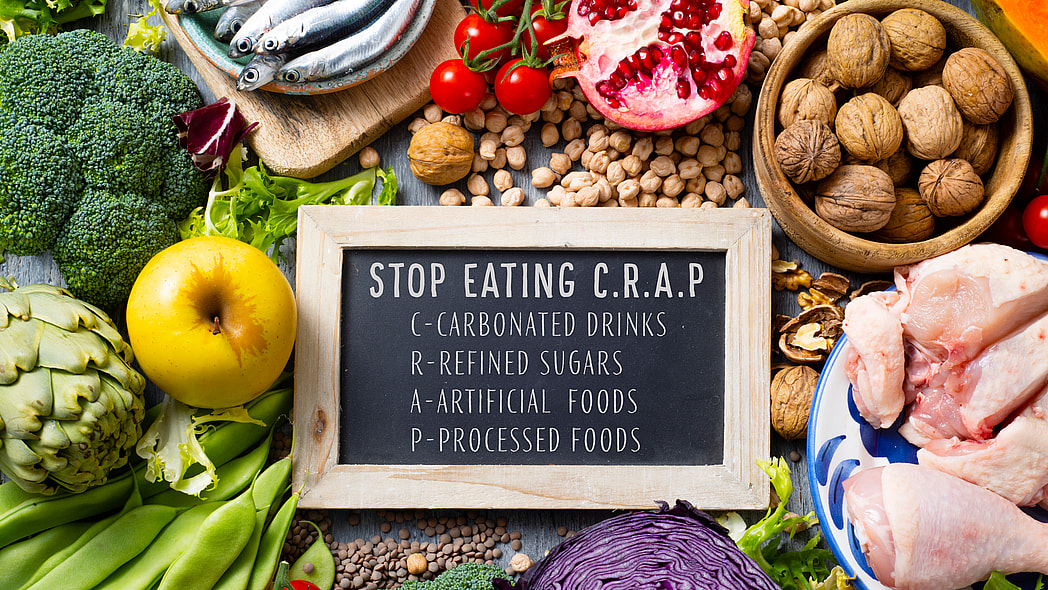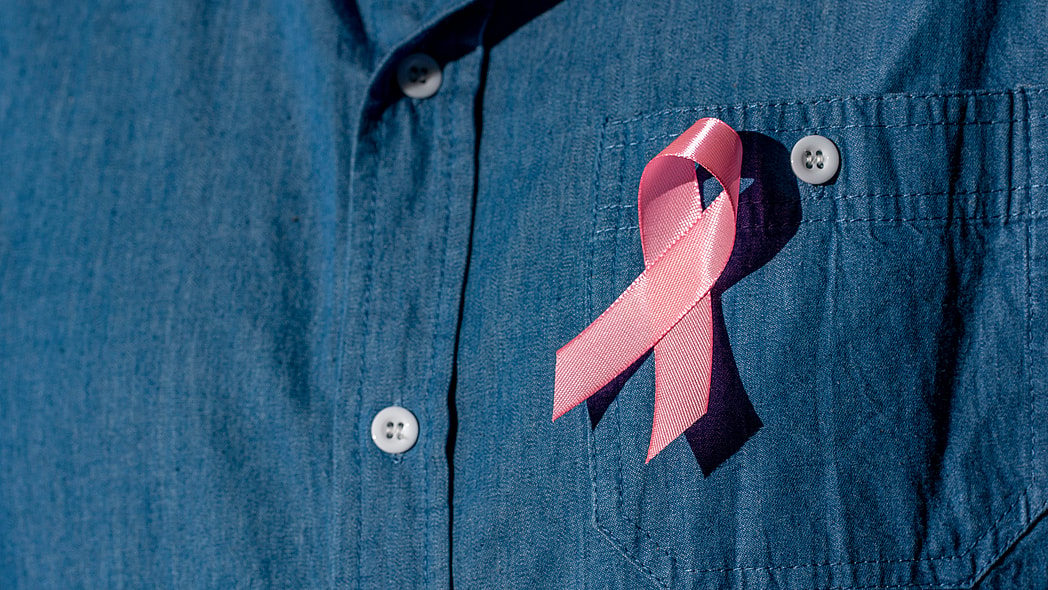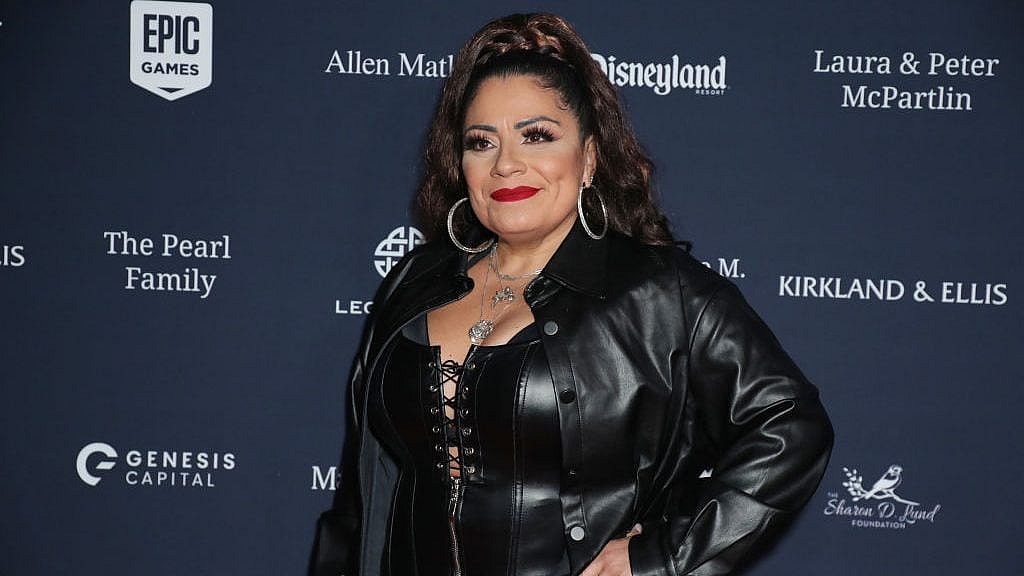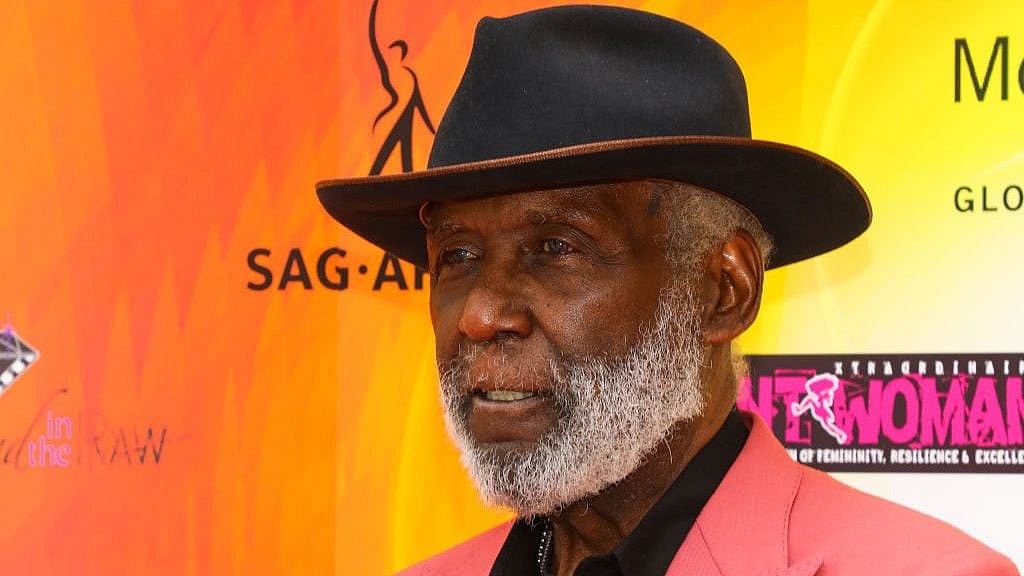CNN will be without a familiar face for the next few weeks as Sara Sidner undergoes further cancer treatment.
On Tuesday, the “CNN News Central” morning anchor, who announced earlier this year that she was undergoing treatment for stage III breast cancer, informed viewers that she had a double mastectomy scheduled for Wednesday and would be taking time off to recover, Deadline reported.
“What I have learned so far in my cancer journey is treating it is more of a marathon than a sprint,” Sidner shared on-air. “After five months of chemo, I have not yet become cancer-free. The next phase is a double mastectomy.”
Referencing a 2016 study that put the 10-year survival rate for bilateral mastectomy at 90.3%, she stated, “I like those odds.”
Recommended Stories
According to the American Cancer Society, Black women in the U.S. have a 4% lower incidence rate of breast cancer compared with white women but are still more likely to die from the disease. For Black women, breast cancer has been the primary cause of cancer-related deaths since 2019.
Economic, social, geographic, and lifestyle factors may partially contribute to the disparity in breast cancer rates and outcomes among Black women.
Black women are less likely to breastfeed after giving birth and have a higher likelihood of having diabetes, heart disease, and obesity — all of which are risk factors for breast cancer, according to the Breast Cancer Research Foundation. Compared to white women, they are more likely to have inadequate health insurance or access to healthcare facilities, which could compromise therapy completion, follow-up care, and screening.
Research continues to show that biology also influences breast cancer outcomes. Black women are more likely to be affected by aggressive subtypes like triple-negative breast cancer and inflammatory breast cancer. They also tend to get the diagnosis at younger ages and at more advanced stages of the disease.
“Breast cancer does not run in my family, and yet here I am with stage III breast cancer,” Sidner said when she announced her diagnosis in January on CNN. “It is hard to say out loud.”
She told viewers then that she was undergoing chemo and would “do radiation and a double mastectomy. Stage III is not a death sentence anymore for the vast majority of women,” Sidner said.
“But here is the reality that really shocked my system when I started to research more about breast cancer, something I never knew before this diagnosis: If you happen to be a Black woman, you are 41% more likely to die from breast cancer than your White counterparts.”










